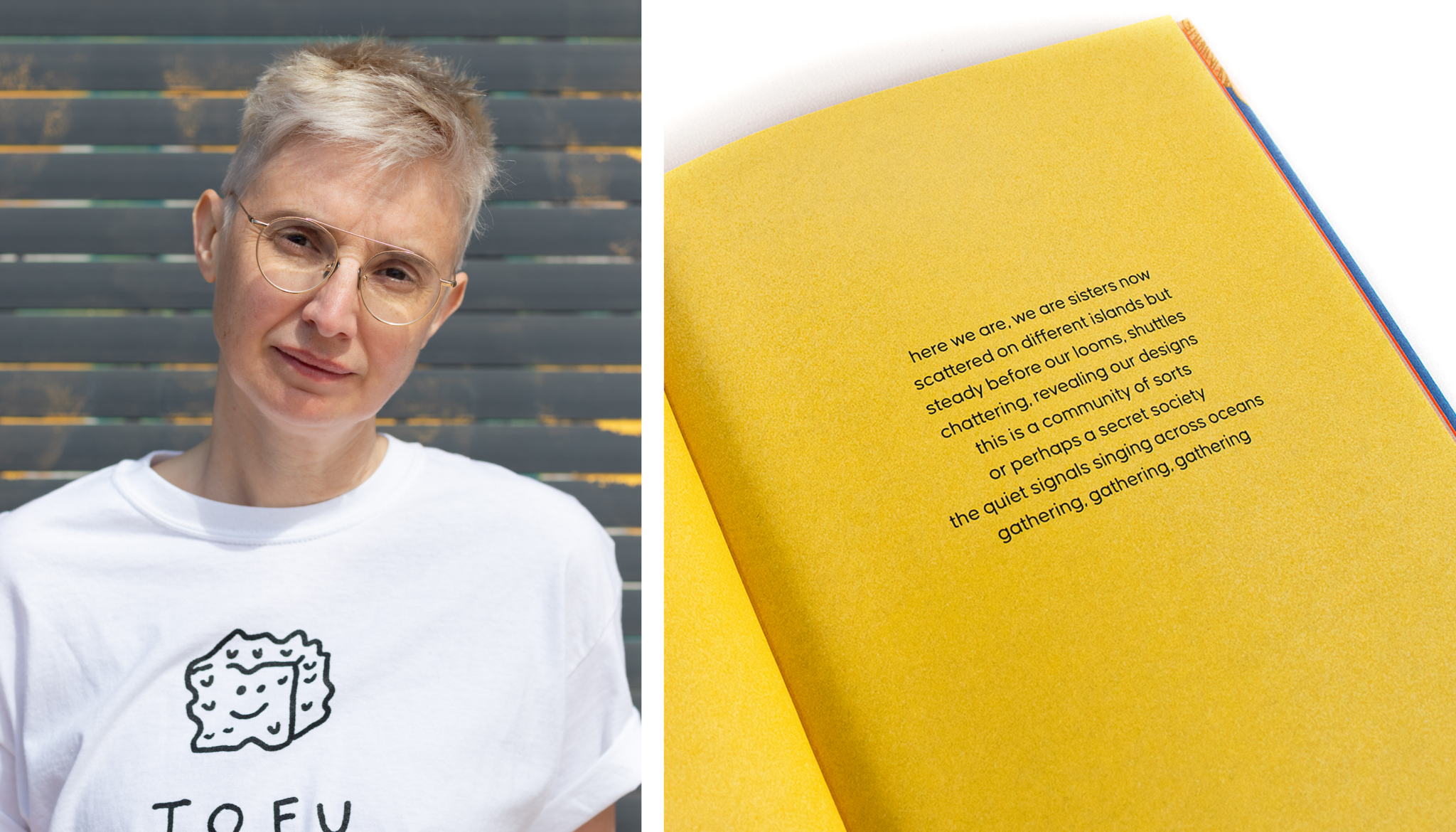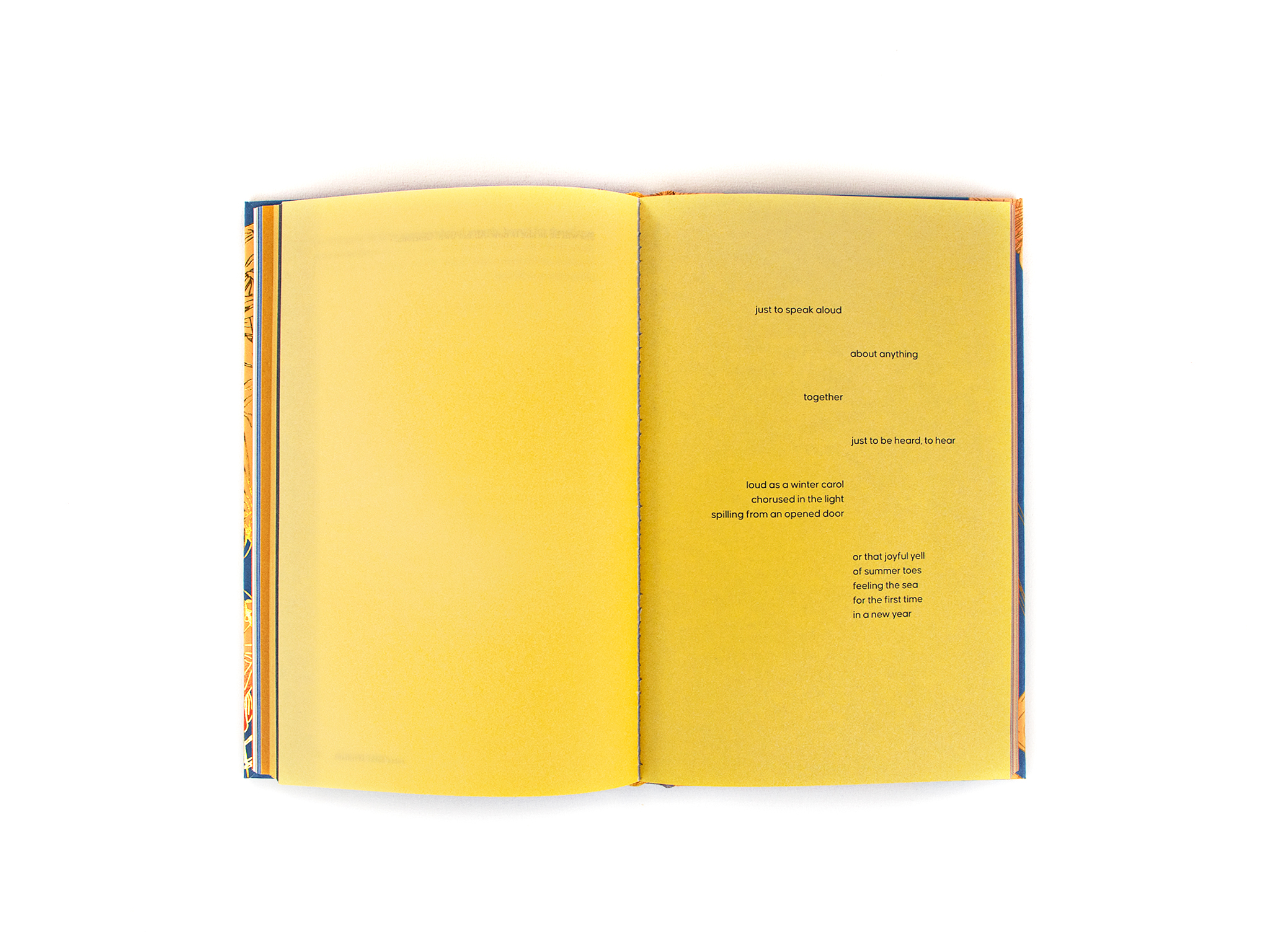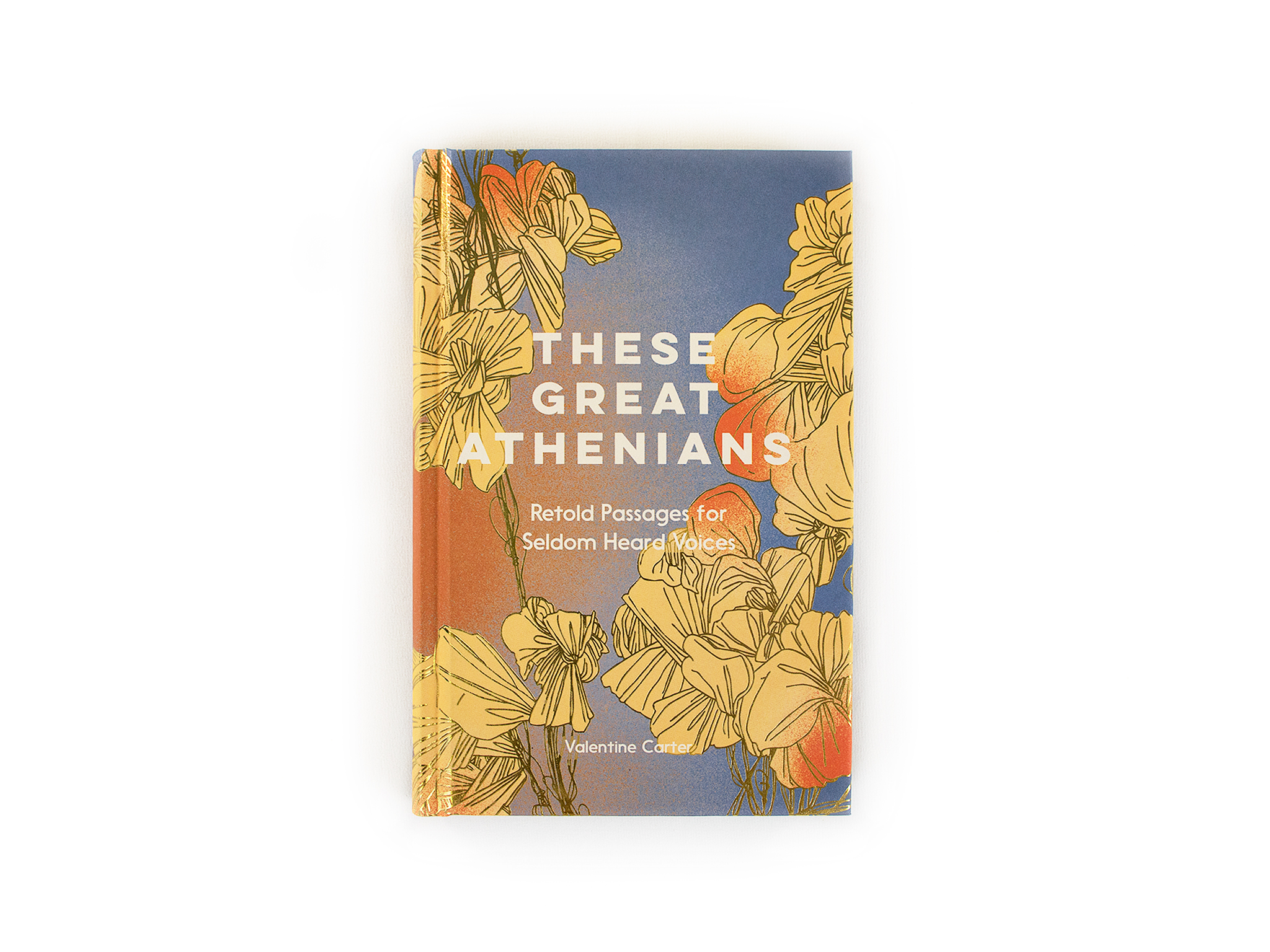
To celebrate World Poetry Day, we asked author of the verse novel These Great Athenians, Valentine Carter, to share their thoughts about poetry and its purpose…
I think there are two things that are true about poetry and everything else is a complete mystery to be unravelled one poem at a time. The first truth is that with poetry you always know what you’re going to get. The second truth is that with poetry you never know what you’re going to get. The space where the second truth makes a lie of the first truth, and vice versa, is where poetry happens.

I remember the point in my writing process when I knew that I was going to write These Great Athenians in verse. Although the term ‘verse’, even though it’s correct, always makes me think of foppish 16th century men in tights and those strange, bulbous shorts, spouting rhyming couplets and waving pens made out of feathers. I began with Penelope who weaves a shroud by day and by night unpicks her handiwork. I decided to write similarly and rewrite a single passage over and over as a way of telling her story. It is poetry rather than prose that makes this not just possible, but acceptable, as poetry creates a set of useful expectations in the reader. When you open a book and scan the pages to see if, maybe, this is a book you would like to read, you see immediately the shape the blocks of words make on the page – whether it’s a dense page-long, page-wide block or short lines that don’t cross the page or, even more excitingly, a weird shape a bit like a cloud or a horse’s head. And if you are that lucky reader who finds the cloud or the horse’s head then you know that it’s likely to be poetry and that you are going to have to work with the words. You are going to have to fill that space between knowing and not knowing by using yourself and your own experiences, tastes, likes and dislikes as a bridge to bring those two paradoxical truths together.
I used to think if I didn’t like a poem it was either my fault for being stupid or the poet’s fault for being stupid. But I just hadn’t connected with any of those poems. What they were about, or maybe their style or the type of person who had written them, meant I didn’t have the right materials (experiences, tastes, likes and dislikes) to navigate their space – to get it. Or maybe, to join in.
“In Homer’s The Odyssey the women never meet, they never talk to together, never get around that different-ness to join in. The poetry provides a space for them to have voices, to be different and to be together.”
These Great Athenians is about women. It’s about women’s voices and how they aren’t heard. It’s about how women are different to each other. It’s also very definitely about how in Homer’s The Odyssey the women never meet, they never talk to together, never get around that different-ness to join in. The poetry provides a space for them to have voices, to be different and to be together. But most importantly, poetry can’t help but provide a space for the reader to join in – it’s all about the space after all. There aren’t many places that women, in all the many, many ways we are women, to do that safely and comfortably today – not on social media or in our everyday lives – and I wanted to open out a quiet, private space that would allow for that.
It might be hard sometimes to work out how we can come together, how we can stop shouting at each other, but poetry is eternally hopeful that in the grey, misty spaces between knowing and not, being sure and being uncertain, we can find a connection with the words, with the ideas, but most importantly with ourselves and each other.

These Great Athenians
Valentine Carter
Carter’s fierce debut gives voice to the mostly forgotten and maligned female characters of Homer’s epic The Odyssey. It is a celebratory ode to those who survive within and outside of gender norms.